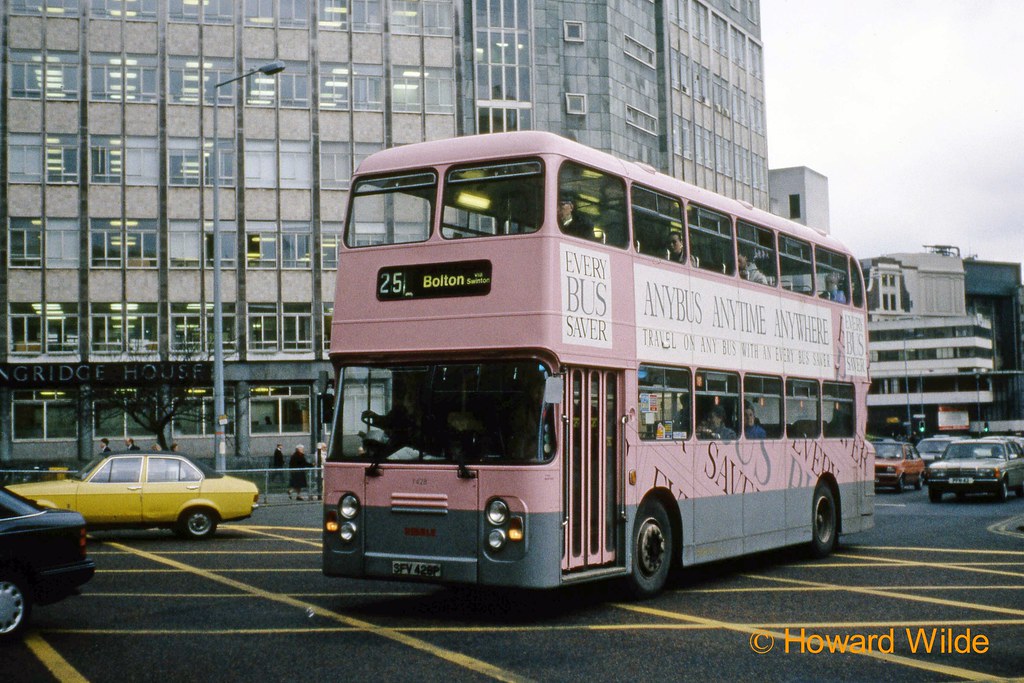What’s happening in London with the extremely serious funding situation and bus and tube services probably being cut, despite the expensive subsidies from the congestion charge, doesn’t bode well for the proposed franchising in Manchester. The permanent change in working habits with a significant proportion of the workforce working from will result in a reduction in use of public transport also. Could be very costly for Manchester’s Council Tax payers.
This argument seems to run on the assumption that London's current issues are
due to franchising. The issues you cite, like changing work habits, aren't anything to do with franchising however, they'd be an issue for the viability of services with regulation or without.
Changing work habits is something particularly a problem for London as well, because of the type of jobs that predominate there and the type of person who uses the bus. These are London-specific, not franchising-specific.
In cities outside London many people don't have the luxury of working from home for example, where manual labour or direct services are a larger fraction of the workforce than the knowledge economy. It's unlikely to be as significant a problem elsewhere, AFAIK bus use in GM had recently returned close to pre-pandemic levels for example. And unlike London, bus use is much more dominated by non-workers; pensioners, school children etc.
So can you point to something specific about the London situation that is a
result of franchising?
If you think franchising has provided too high a level of service for example, do you think the proposed cutbacks to services are any worse than what would be provided under a deregulated system suffering from the same economic pressures?


